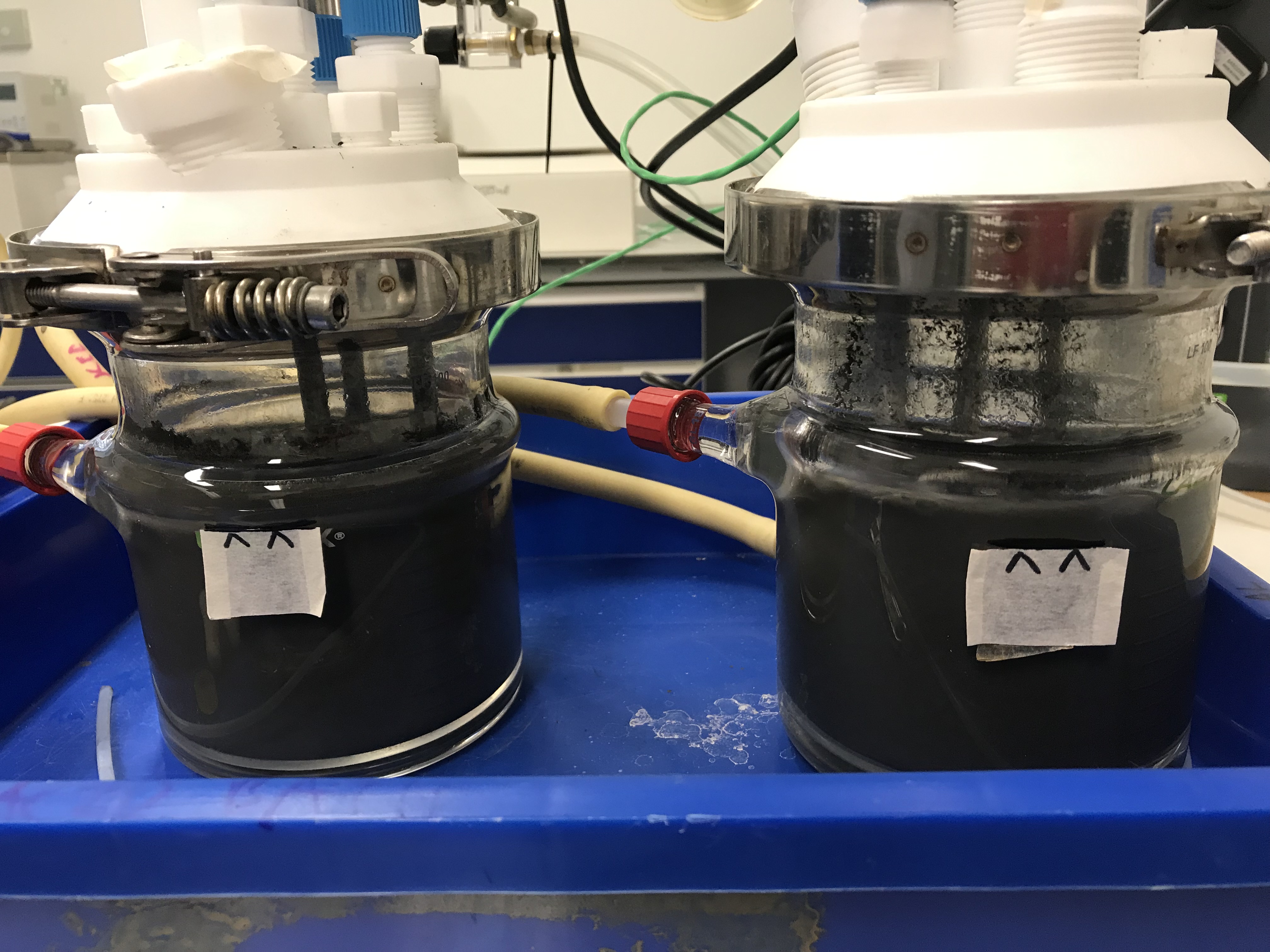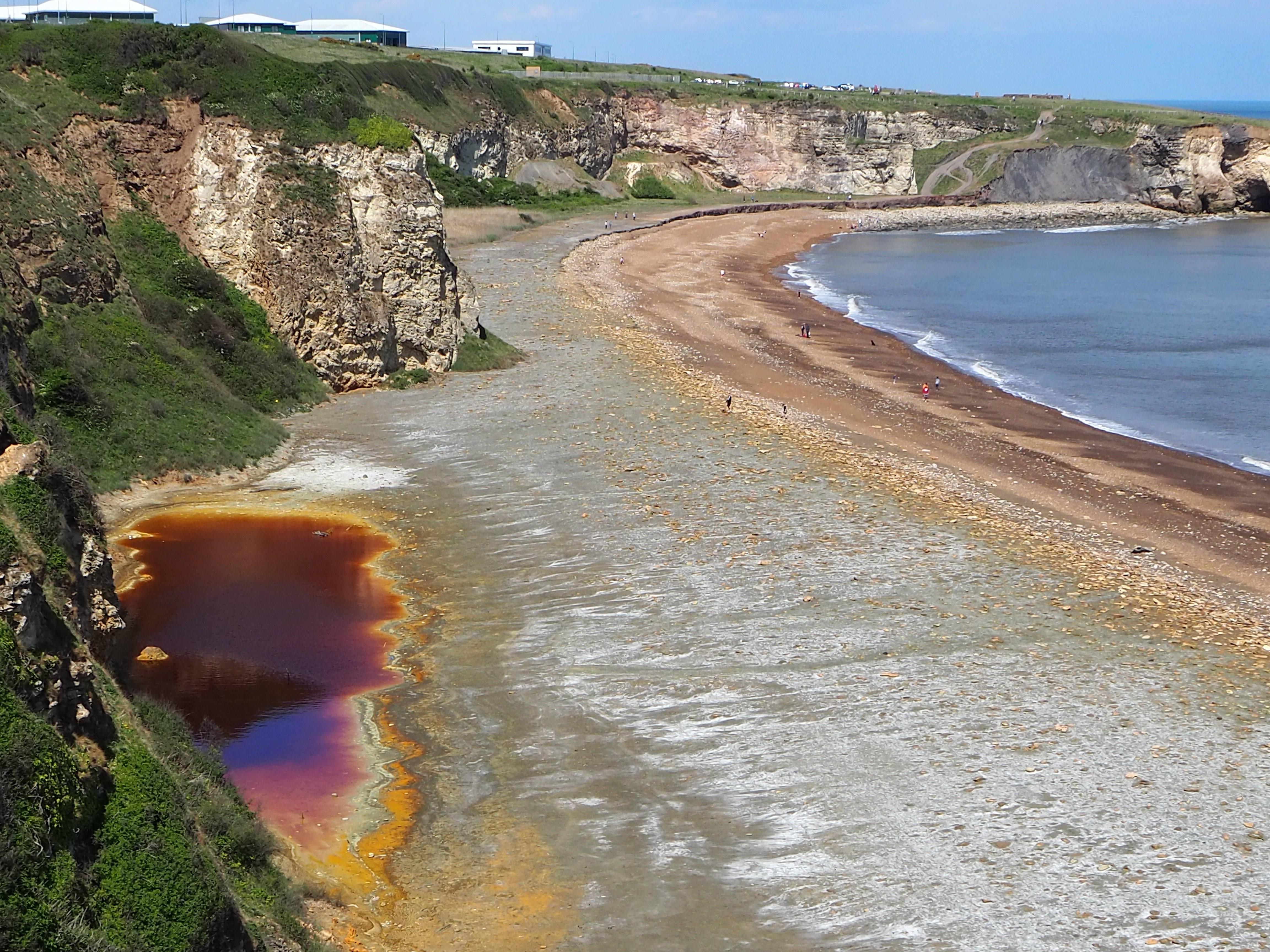- Homepage
- Key Information
- Students
- Staff
- PGR
- Health and Safety
- Computer Support
- National Student Survey (NSS)
- Intranet Help
Prof Karen Hudson-Edwards
Research
- Characterisation of contaminant-bearing mine wastes, environmental minerals, waters, dusts
- Development of remediation and mitigation schemes for mine wastes
- Global biogeochemical and health impacts of mining
Current Research Projects
NEMO Near-zero-waste recycling of low-grade sulphidic mining waste for critical-metal, mineral and construction raw-material production in a circular economy
This is an EU Horizon 2020 project conducted with 14 European partners. The NEMO project will lead to the unrestricted supply of critical raw materials (CRMs; Co, rare earths and Mg), valuable metals (Cu, Ni, Zn, and Sc), industrial minerals (Na2SO4, K2SO4 and MgSO4) and construction raw materials for cement and concrete production, originating from domestically available, but currently unexploited, sulfidic mining waste, and in this way substantially reduce Europe’s dependence on the imports of these vital raw materials.
 Bioreactors for NEMO Project
Bioreactors for NEMO Project
Legacy Waste in the Coastal Zone: Environmental Risks and Management Futures
(1 Jan 2020 - 31 Dec 2023)
Legacy Wastes in the Coastal Zone: Environmental Risks and Management Futures is a £1.5 million, four year research project funded by the Natural Environment Research Council (NERC) as part of a Highlight topic. It brings together expertise in waste management, freshwater and seawater geochemistry, geomorphology, hydrology, ecology and environmental policy to provide a multi-scale assessment of the risks posed by municipal and mineral-rich legacy wastes in the coastal zone and provide a framework for their effective future management. The project team includes researchers from Newcastle University, University of Hull, University of Exeter, University of Leeds, University of Plymouth, Liverpool John Moores University, University of Glasgow and the UK Centre for Ecology and Hydrology.
Patrizia Onnis is the Exeter PDRA on the project, and Elin Jennings is doing her PhD on the Carnon River, Cornwall, as part of the project.
Legacy Waste in the Coastal Zone Website
Lithium for Future Technology (LiFT)
(14 Nov 2020 – 13 Nov 2023)
Lithium (Li) demand is expected to increase significantly over the next decade, due to its use in batteries for electric vehicles and stationary power storage. Global supplies of lithium are currently dominated by salt-lake brines (salars) in the ‘Lithium Triangle’ of South America, and Li-pegmatites, chiefly mined in Australia. Additional geological resources include Li-clays, Li-rich borates, and Li-micas in granites. There is still much to learn about how lithium is mobilised, transported and concentrated in the Earth’s crust (the lithium cycle). The £2 million, NERC-funded LiFT project will investigate all aspects of this lithium cycle, and develop a new quantitative understanding of the processes linking all the deposit types that will underpin the search for new, sustainable Li resources. The LiFT consortium includes researchers from the British Geological Survey, the Natural History Museum, and the universities of Edinburgh, Exeter, and Southampton, together with an international group of project partners.
Alastair Skeffington is the Exeter PDRA working on the geomicrobiology of lithium. Becca Kirk is doing her GeoNetZero-funded PhD project on lithium wastes and microbiology, in tandem with LiFT. Rowan Halkes is the Exeter GRA doing life-cycle assessment on lithium mining.
Lithium for Future Technology (LiFT) Website
UKRI Interdisciplinary Circular Economy Centre Met4Tech
1 Jan 2021 - 31 Dec 2023
The EPSRC-funded, £4.5 million Met4Tech Circular Economy Centre brings together UK research teams already working on how to improve and assure the supply of technology metals, how to manufacture goods to be re-used and recycled, and how to recycle complex goods such as batteries.The Centre will conduct new interdisciplinary research on key interventions to improve each stage in the cycle and join the different stages of the value chain together such that raw materials can be newly mined and recycled, and manufacturing technology can be linked directly to re-use and recycling. Business and social experts will research how best the UK can put all these stages together to make a new technology metals circular economy roadmap. The industry partners and key stakeholders will be invited to ‘test drive’ the new model.

